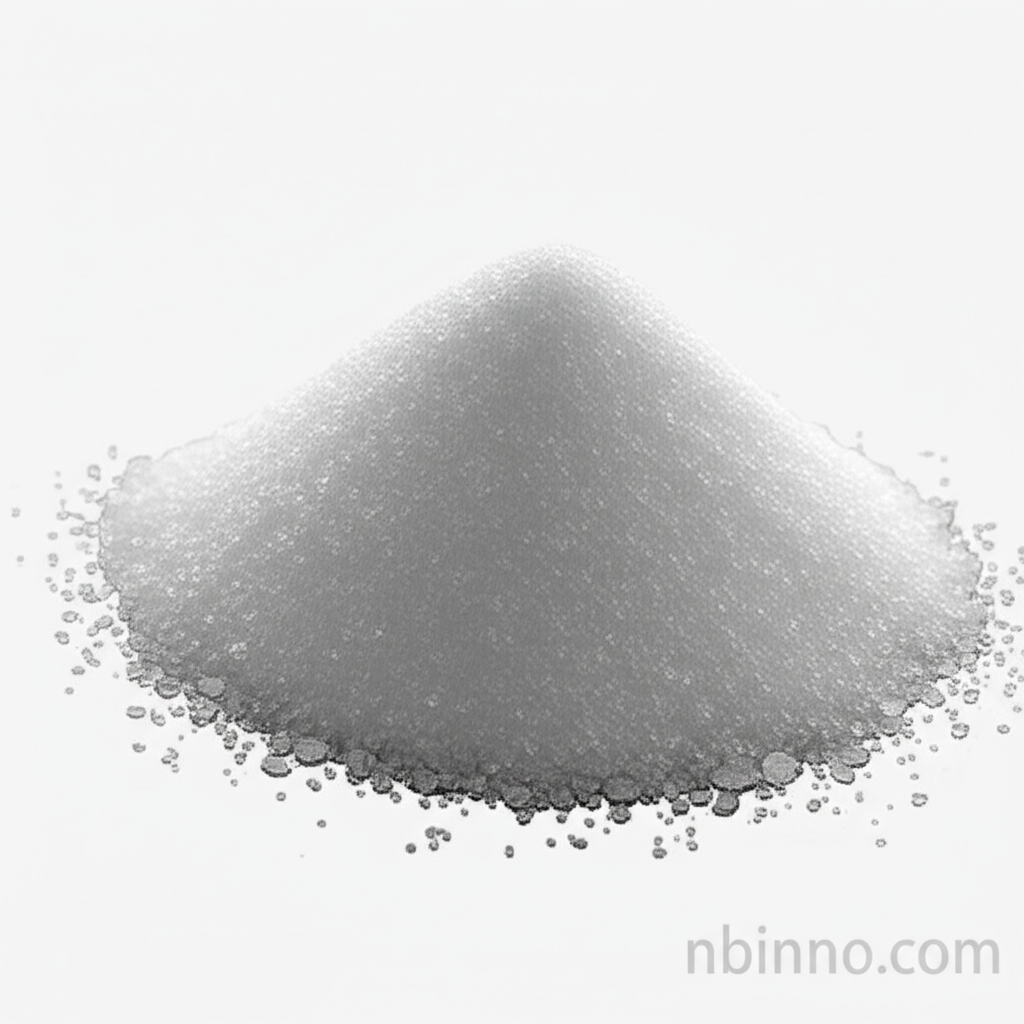Adipic Acid: A Versatile Dicarboxylic Acid for Industrial and Food Applications
Discover the extensive applications of Adipic Acid, a crucial organic compound for various industries.
Get a Quote & SampleProduct Core Value

Adipic Acid
Adipic acid, also known as hexanedioic acid, is a vital organic dibasic acid that serves as a cornerstone for numerous industrial processes and food applications. Its unique chemical properties allow it to be salted, esterified, and amidated, and it plays a critical role in the synthesis of polymers.
- This chemical intermediate is crucial for nylon 66 production, underpinning the creation of durable plastics and synthetic fibers.
- As a key component in polyurethane elastomer, it contributes to the flexibility and resilience of various materials.
- The product is highly valued as a food acidulant, offering a desirable tart flavor and pH regulation in beverages and confectionery.
- Its role extends to being a chemical reagent, facilitating organic synthesis in various scientific and industrial settings.
Advantages of Using Adipic Acid
Enhanced Material Properties
Leveraging adipic acid in polymer synthesis, such as for nylon 66, results in materials with superior mechanical strength, abrasion resistance, and thermal stability, a benefit for those seeking resilient engineering plastics.
Superior Food Acidulant
For food and beverage manufacturers, adipic acid provides a smoother, lingering tartness compared to other acidulants, making it ideal for creating flavorful products and regulating pH. Users often buy adipic acid online for its consistent quality.
Versatile Chemical Intermediate
Its reactivity makes adipic acid a versatile building block in organic synthesis, essential for creating a wide array of downstream products in pharmaceuticals, lubricants, and other fine chemical sectors.
Key Applications
Nylon 66 Manufacturing
The primary industrial application of adipic acid is in the production of Nylon 66, a widely used thermoplastic known for its strength and durability in textiles, automotive parts, and carpets.
Food & Beverage Industry
As a food additive, adipic acid functions as an acidulant, pH regulator, and flavor enhancer in beverages, jams, jellies, and baked goods, contributing to taste and texture.
Plasticizers and Lubricants
Adipic acid derivatives are used in the production of plasticizers to increase flexibility in plastics and as components in advanced lubricants due to their thermal stability.
Organic Synthesis & Pharmaceuticals
It serves as a key intermediate in the synthesis of various organic compounds, including pharmaceuticals, adhesives, synthetic leather, and spices, highlighting its broad chemical utility.
